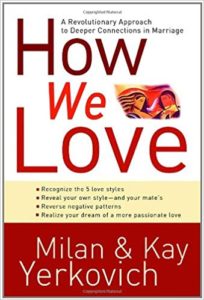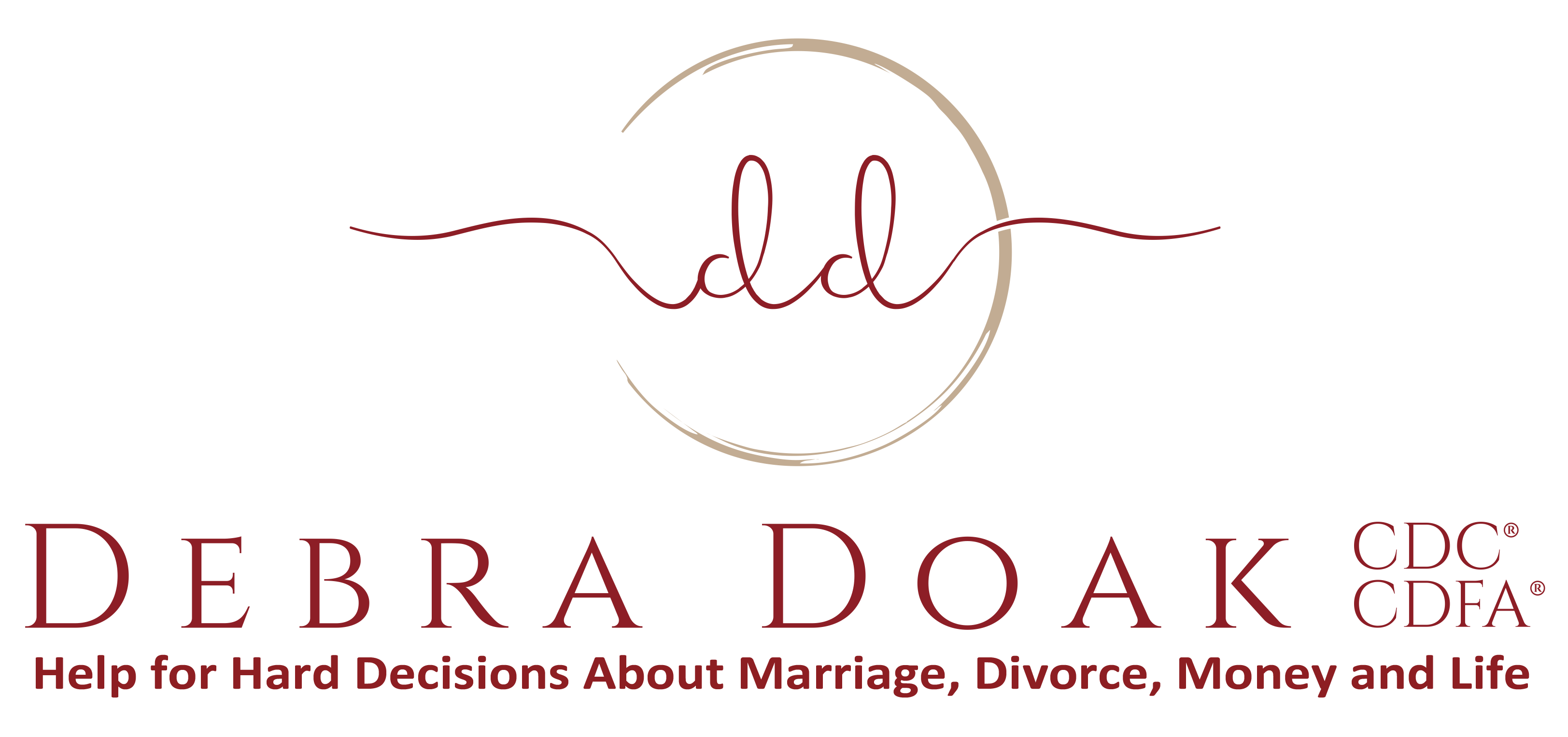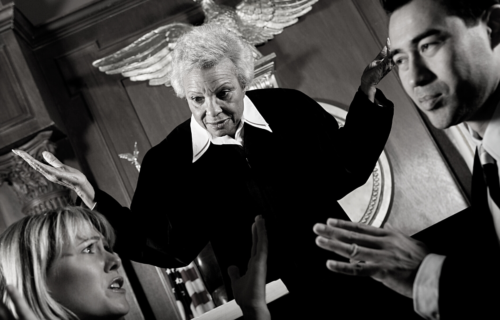
Attachment Style: Are Mom and Dad Still Wrecking Your Relationships?
These days all the experts are talking about attachment style and they all seem to agree. Even if you had a relatively uneventful and happy childhood, you probably still emerged with a wound or two that impacts how you relate to others as an adult. Because your ability (or inability) to give and receive love and trust was formed by how your primary caregivers responded to your needs in childhood.
The basis for this is called “attachment theory”. Understanding attachment theory and in particular, your style, is key to improving your relationships with your partner, children, parents, friends, and co-workers.
Why is a divorce coach concerned with this?
Because dragging that kind of hurt around can cause trouble in your marriage, complicate your divorce and delay your healing. Learning to address these wounds will help you have more self-confidence and better relationships all around. Read more below about my upcoming OUTSPOKEN online group. And read more HERE and HERE about the kind of relationship trouble this attachment injury stuff can cause.
And when your wound pokes at the wound of another, in other words when your styles collide, it can result in anger, hurt and disappointment. And that can create conflict and leave you with unsatifying relationships.
Many of us didn’t have that idyllic childhood. We grew up in environments where our views of relationships were distorted. We saw disrespect and manipulation, screaming and silent treatments, neglect and lack of intimacy so often that we accepted it as normal. Or we were sold the Disney/Hollywood “happily ever after” fairy tale because we never learned to manage conflict. Then we were unpleasantly surprised when we discovered that every day with our partner wasn’t filled with rainbows and butterflies.

The 5 Love Styles
Milan and Kay Yerkovich, authors of “How We Love”, believe that relationships are the great exposers of our weaknesses. That we each possess a love style which is an injury resulting from our early experiences with our parents. Often, our love style interacts negatively with the love style of another, resulting in a repetitive cycle of pain that blocks us from experiencing close emotional connections with those we love the most.
They say, “ Each person’s childhood experiences form the roots of who they are; continuing to inform the way that person responds to others or expresses love, even far into adulthood. The result of all these experiences are actually very predictable because people tend to fall into one of five special categories: called ‘Love Styles’”.
The Avoider
Avoiders come from homes that are often low in affection, but which place high value on independence and self-reliance. They can seem emotionally distant or unengaged.
The Pleaser
Pleasers usually grow up in a home with a parent who is overly protective, angry, and/or critical. As adults, Pleasers attempt to keep everyone happy, however, this can lead to resentment which can break down a relationship or drive a Pleaser to leave.
The Vacillator
Growing up with an unpredictable parent, Vacillators’ needs aren’t top priority. As adults, Vacillators are on a quest to find the consistent love they never received as children. They idealize new relationships, but then get tired of it once life (and the relationship) gets less than perfect.
The Controller
Controllers need control to ensure that the vulnerable, negative feelings they experienced in childhood remain suppressed from their adult lives. However, anger is not vulnerable, and so anger and intimidation are often used as means to maintain control.
The Victim
Kids survive a chaotic home environment by trying to “stay under the radar”, making themselves as invisible as possible. Rather than engage, they’ll resort to just “going through the motions” in order to get by.
The Sixth Type: The Secure Connector
Each of the above Love Styles represent different types of emotional injury. But there is a sixth Love Style called The Secure Connector. Secure Connectors are comfortable with reciprocity and balanced giving and receiving in relationships.

What’s Your Attachment Style?
Many attachment theory experts only discuss 3 non-secure types of attachments: avoidant, anxious, or anxious-avoidant. Relationship expert Mark Manson says you can get a pretty good idea of your attachment style by simply evaluating these things:
If you’re consistently avoiding commitment, avoiding your romantic partners, shutting them out, or not sharing things with them, then you’re probably pretty avoidant.
If you’re constantly worrying about your partners, feel like they don’t like you as much as you like them, want to see them 24/7, need constant reassurance from them, then you’re probably anxious.
If you’re comfortable dating people, being intimate with them and are able to draw clear boundaries in your relationships, but also don’t mind being alone, then you’re probably secure.
I’ll add that anxious-avoidants want to be close, but then do someting to sabotage the relationship when the intimacy becomes uncomfortable.
If you want to dive deeper into the 6 Love Styles, you can Read More and Take the Love Styles Quiz Here
When Attachment Styles Collide
As you can imagine, while Secure Connectors are able to have a healthy, intimate emotional bond, the other types may struggle especially if trying to be in close relationship with another Love Style that triggers them. Each combination of the non-secure styles will tend to fall into a dance routine or a core pattern based on their own fears and needs.
In “How We Love”, the authors say that everyone has a dominant love style, and that they can use the combination of those two love styles to help identify the areas where that particular relationship is likely to experience the most strain.
You Can Change Your Attachment Style
The good news is that you’re not stuck with the attachment style you’re living with. You can learn to become more secure. You can also gain more understanding about why your style and your partner’s style may be triggering each other and get some tools to navigate that.
This kind of healing and growth benefits us, our partners, our children and can break the generational cycle of dysfunction. You will literally be saving your great, great-grandchildren from suffering through the same hurt you experienced.
Life is a process of becoming, a combination of states we have to go through. Where people fail is that they wish to elect a state and remain in it. This is a kind of death.
~Anais Nin
Wishing you strength and wisdom,

You can always schedule a complimentary consult and we can chat about some one-on-one support to get you where you want to go.



